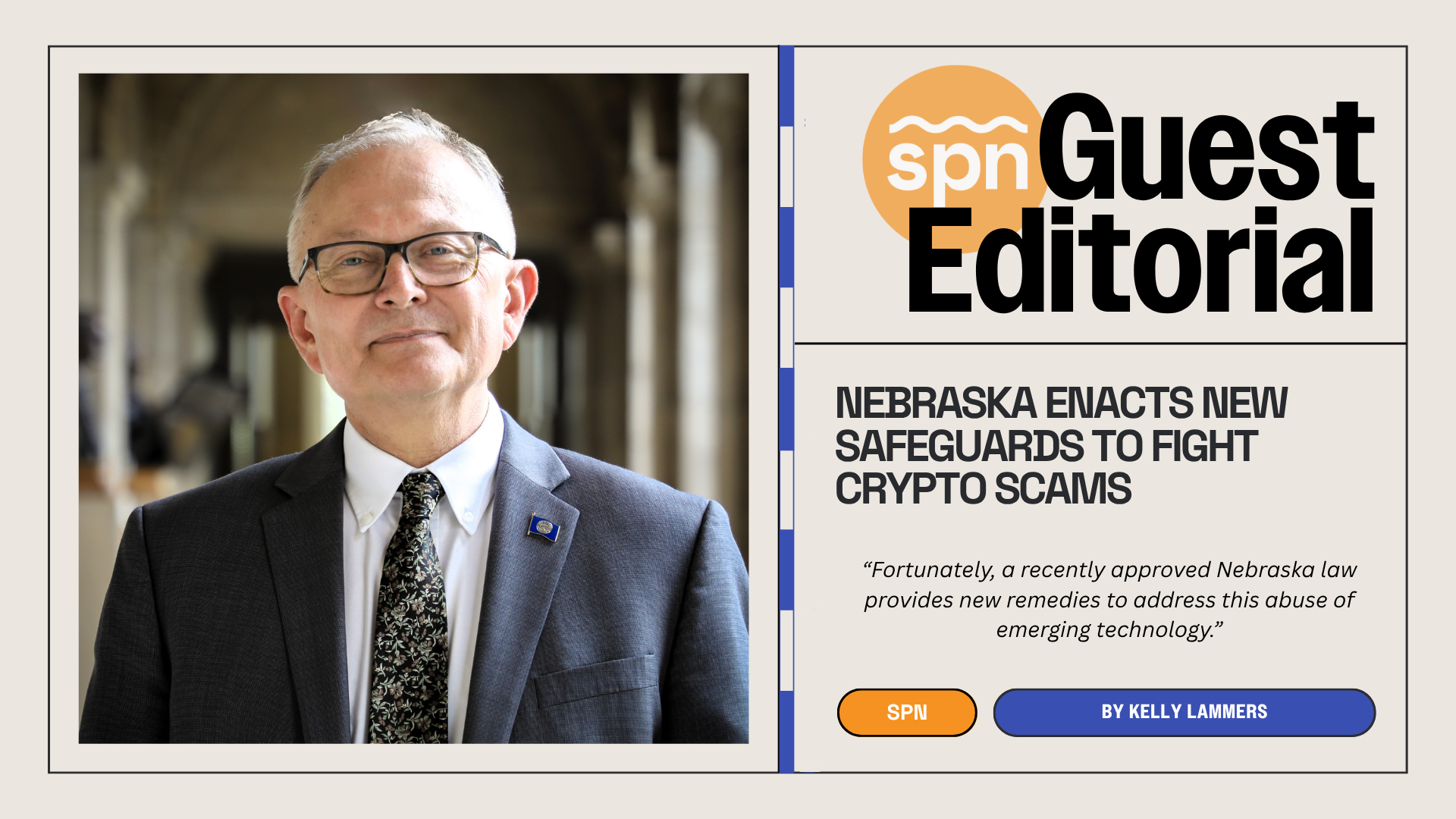
Entrepreneurship is really hard.
You invest years with no guaranteed returns. Each company you build is a new roll of the dice. So why do professional entrepreneurs keep building? It doesn’t make sense to build a company, sell it, and build another. The odds are against you, so if you get out ahead why not go get a job and take it easy?
This question is very personal to me. I have sold two companies. I should be happy, and celebrating my success. Yet I am working harder than ever building my third company. I dream about slowing down, but I can’t. I am addicted to building. Professional entrepreneurs keep building. We can’t stop. Even though it makes our lives messy and disruptive.
The reality of entrepreneurship
In college, I remember professors waxing poetically about how entrepreneurs get to change the world while creating wealth. Politicians, policy makers, and urban planners dream of attracting entrepreneurs to their cities. I wonder if they understand what they are talking about.
Entrepreneurs appear glamorous and put together, because employees, investors and politicians work really hard to make it appear that way. They coach and coddle entrepreneurs while shielding the outside world from their creative mania.
In reality, entrepreneurs live in a state of constant agitation. Spend time one-on-one with them—away from the handlers—and this becomes obvious. You will find that they are afraid of missing out, confident that they are gifted, and worried that they will fail. They spend years grinding on an idea. Eventually they produce a pearl of wealth—then move on.
Success means people choose you
What keeps driving entrepreneurs is the desire to build. The rest of the world judges them by financial returns. Yet for entrepreneurs, it is about building. So they leave success, and search for the next roll of the dice.
Logically this is madness, because the returns to entrepreneurship are random. You have to work really hard and make the right decisions. This doesn’t make you unique. There are a lot of other companies working really hard and making the right decisions.
Success depends on people choosing you. Customers have to buy. Investors have to invest. Companies have to acquire. You have to be prepared, but success comes down to things out of your control.
Do you still have “it”?
This lack of control could drive you mad. Thankfully, financial success is a byproduct, not a primary motivator. Entrepreneurs are techno-prophet hackers. They wear rags, live in unwanted places, and are followed by disciples. They are convicted by their visions. Conviction is why they work so hard to make tomorrow better. Their belief, hope, and determination makes them magnetic.
Until their visions become reality people think they are crazy, toiling away on a foolish dream. Then all of a sudden the money starts pouring in and they are geniuses. This creates pressure on entrepreneurs to have to prove everyday that they still have “it.” The only thing that matters is my current project. If I succeed I am a genius, and if I fail I am a fool.
Thankfully entrepreneurs love building. So if today doesn’t work out, tomorrow will. They are addicted to rolling the dice. As a startup community we need to embrace this. We need to stop judging entrepreneurs by financial success, but embracing them as creators. Financial success is a byproduct of building great things.
—
Grant Stanley is the CEO of Bric. Bric is a product that increases employee utilization for professional service employees through more accurate project planning and time tracking. On average Bric’s clients make an extra $850 in profit per employee per month. For a 10 person team that is an extra $102,000 a year in profit.




